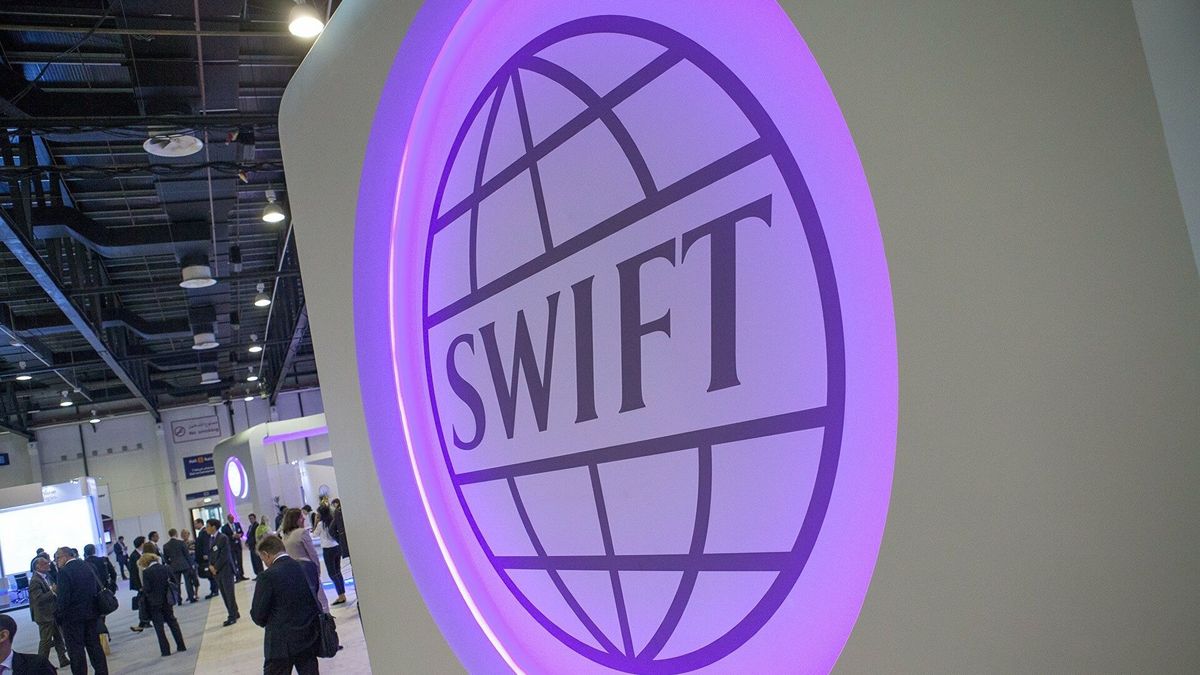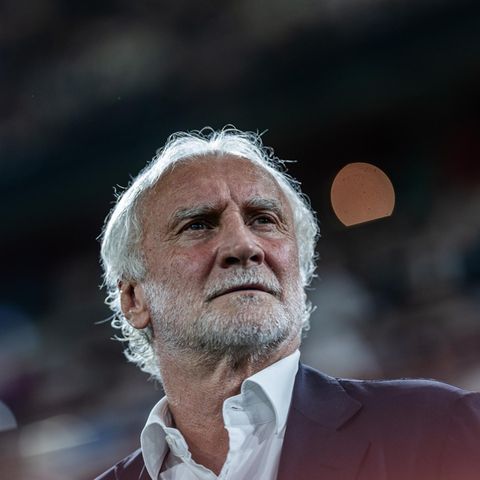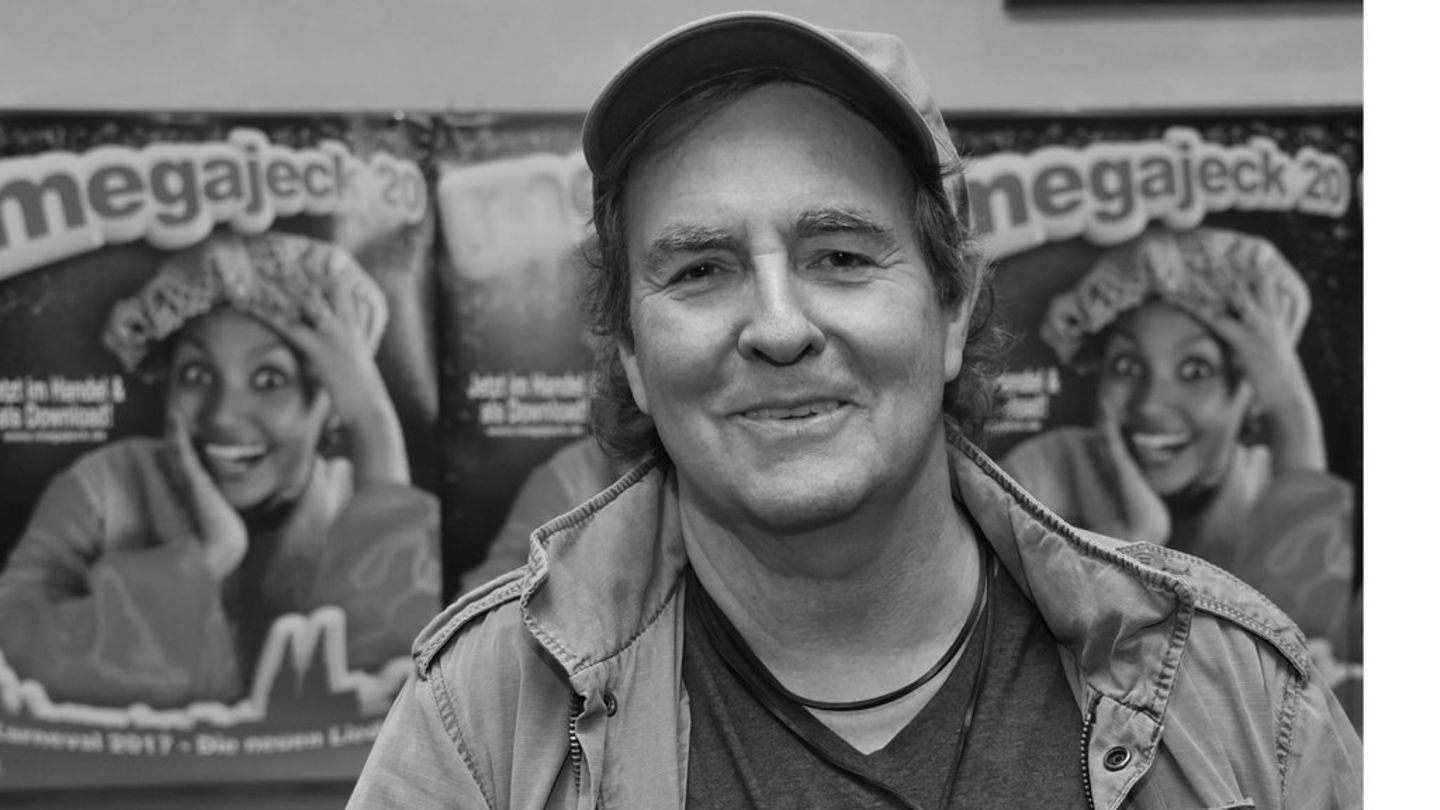“The official decision has not yet been issued, but the technical preparations to implement this sanction have already begun,” the official communicated on Facebook and thanked the Ukrainian diaspora “for the pressure on governments” to support the action.
If the Russian financial entities were left out of the system, their banking operations would be seriously complicated because they would not be able to make international payments or collections with the rest of the entities that use this system.
To all effects there would be a blockade of bank transfers with the countrywhich in turn would have collateral effects, since any foreign company that needs to make payments in Russia would not have options to do so in this way.
Several European countries, including Italy, Germany, Austria and Hungary expressed reservationsfearing the impact of such a decision on Russian gas supplies, but faced with questions about the continuity of the conflict that reached the streets of Kiev, they gradually changed their positions.
Italy and Cyprus, another initially reluctant European Union (EU) nation, confirmed that they will not block the decision to expel Russia from the Swift system. This was reported by the President of Ukraine, Volodimir Zelenski, one of the promoters of this sanction, after speaking with the Prime Minister of Italy, Mario Draghi.
Hungary, for its part, directly described its opposition to this sanction against Russia as “fake news”, as indicated by several international media.
Foreign Minister Péter Szijjártó said on Facebook that these media “lie” when they say that “Hungary is blocking some of the sanctions against Russia, for example, in relation to the Swift system.” “Let’s be clear: It is not true! We have never opposed, nor blocked, any sanction proposal”said the Minister, a man close to the Prime Minister, the ultra-nationalist Viktor Orban.
Germany, a country highly dependent on Russian gas for its industry and which has just stopped the start-up of the Nord Stream 2 gas pipelinewas one of the main opponents of this sanction, although he later indicated that he was open to the idea of moving in this direction.
Polish Prime Minister Mateusz Morawiecki is scheduled to meet in Berlin with German Chancellor Olaf Scholz to put pressure on the Swift. Polish government spokesman Piotr Muller told the Bloomberg news agency that “in the last 24 hours there has been a shift in the attitudes of several governments that were previously skeptical.”
Along the same lines, Karl Nehammer, the head of the Austrian Government (a country that buys 70 to 80% of its gas from Moscow) went from opposing the measure to requesting “an exclusion of Russia from Swift”.
The expulsion of this financial system was used as a punishment tool only once, in 2012, through an EU directive that allowed Iran to be removed in retaliation for the development of its nuclear program.
In addition to finances, the sanctions for the invasion of Ukraine began to make themselves visible in other areas. At sea, French naval forces intercepted a Russian-flagged ship in the English Channel with a shipment of cars headed for St. Petersburg, and which would belong to one of the companies punished by the EU, French authorities said. . In the air, the sanctions had a back and forth.
Source: Ambito
David William is a talented author who has made a name for himself in the world of writing. He is a professional author who writes on a wide range of topics, from general interest to opinion news. David is currently working as a writer at 24 hours worlds where he brings his unique perspective and in-depth research to his articles, making them both informative and engaging.




